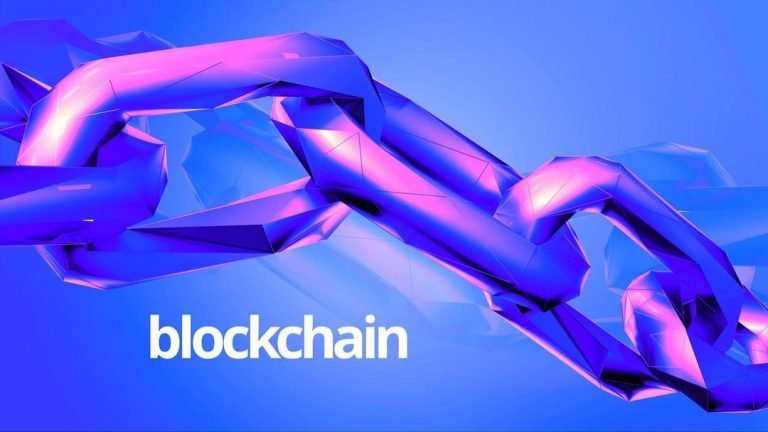Blockchain’s applications are still being determined, but the ability to facilitate transactions without the need for a central authority, combined with the speed and cost benefits, are among the features that have so many interested in the technology. With the use of smart contracts, business rules can be applied that can facilitate transferring anything of value.
Blockchain is one of the more disruptive technologies available today, and it has broad implications for the payment space. In the banking space, there are many opportunities for Blockchain to disintermediate some of the payment networks in place today. Blockchain has the promise to streamline much of the arcane processing that has evolved over time. There are many challenges, however, including regulation and integration with existing legacy systems.
Blockchain is based on a mathematical proof, which makes it very difficult to hack, and it takes the majority of the network to try to game the system. In an open ledger system, a user with 51 percent or more of the aggregate computing power within the open blockchain could influence the chain. In a closed-ledger, or private, blockchain, the owner would have a bit more control because it would control all the participants involved.
People are still trying to figure out its applications. The adoption of blockchain technology hasn’t moved more quickly because there remains a general lack of understanding about it.
Adoption must occur industrywide to gain the perceived efficiencies and the additional security of leveraging blockchain. That means creating partnerships with competitors.
Regulators around the world are telling firms to innovate with caution, but that means they haven’t figured out how to regulate blockchain and what the regulatory implications will be.
Blockchain could reduce the cumbersome back-end processes (like clearing and settlement) from a number of days to real time. Firms would benefit from having a better sense of their real-time liquidity positions, which could provide better intelligence to make business decisions. Clearly, efficiency is one benefit, and reduced fraud could be another.
Reference: https://www.protiviti.com/SA-en/insights/prepare-blockchain-disruption
